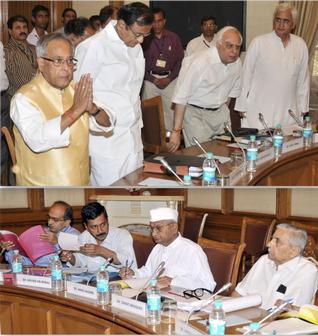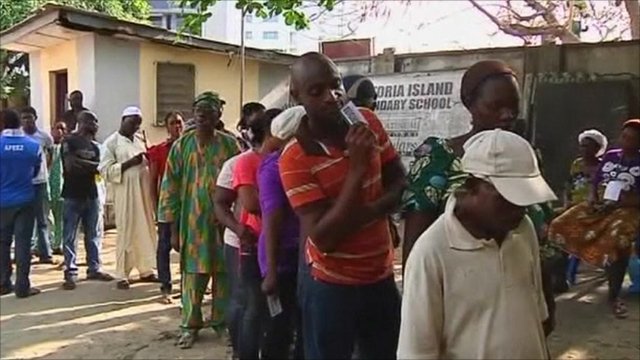Opposition delegation heads to Saudi Arabia to discuss transition of power with Gulf ministers as protests continue.
| Yemen's opposition has said it would send a delegation to Saudi Arabia on Sunday to discuss with Gulf Arab ministers the transition of power in their country, as thousands rallied to demand Ali Abdullah Saleh, the embattled president, to step down. "We have requested this meeting with the GCC states' foreign ministers to explain our points of view on the Gulf initiative," opposition leader Yassin Noman told Reuters, adding that former foreign minister Mohammed Basindwa would head the delegation. Opposition leaders previously refused to join Gulf-mediated talks with Saleh's representatives, saying they wanted to force him out within two weeks, because the Gulf plan did not include a quick or clear timetable for the transition of power. Stalled talks The Gulf plan announced a week ago appeared to promise Saleh immunity from prosecution, an issue that had proved a stumbling block in earlier talks that stalled. Saleh accepted the Gulf talks framework the next day. Noman said the opposition was concerned about the existing Gulf initiative, as it suggested that Saleh transfer powers to a deputy, and did not mention him actually quitting his post, a key demand for the opposition. He has said he wants to handover power to what he calls "safe hands". But he also struck a defiant tone, and called the opposition liars and bandits. He also appealed to religious sensitivities in the conservative Muslim country by criticising the mixing of unrelated men and women among Sanaa protesters. The remarks enraged many Yemeni women, who took to the streets in their thousands in across the country on Saturday to protest against his comments, saying women's participation in protests was a religious duty. Violence has also erupted in several parts of the country on Saturday. A local official said gunmen tried to storm a police station in the southern port city of Aden, and a soldier was shot dead in the southern province of Abyan, medical sources said. More than 116 protesters have been killed in clashes with security forces since late January, and there are fears that the violence could escalate in the country, at least half of whose 23 million people own a gun. | ||
| Source: Agencies | ||
| |

























